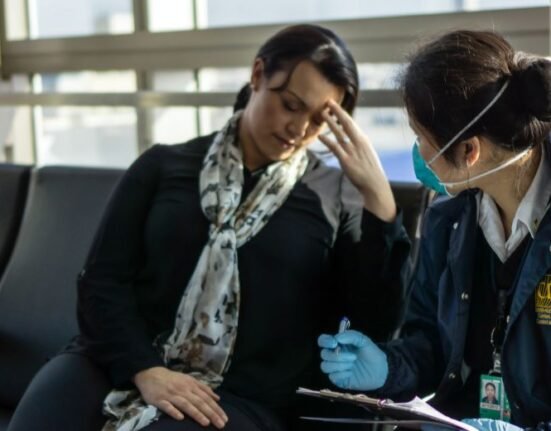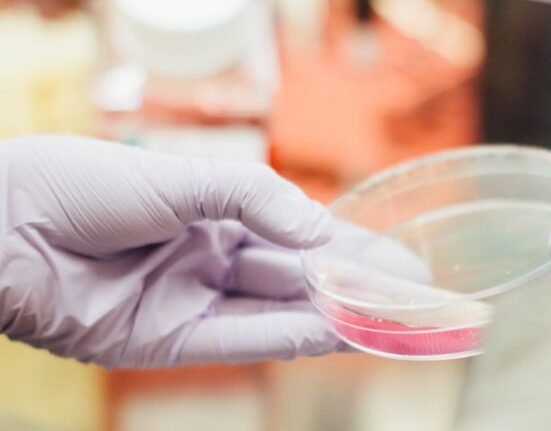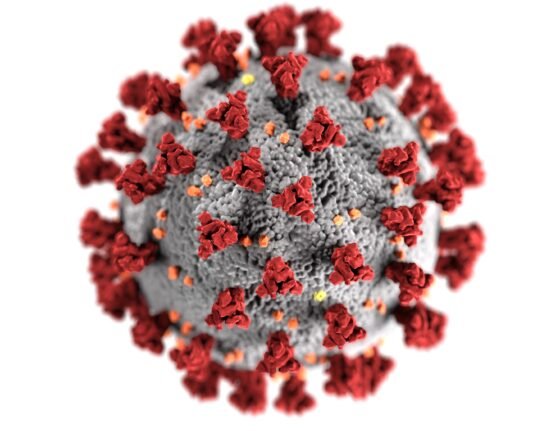Image by Gerd Altmann from Pixabay
HQ Team
October 10, 2022: A team of scientists from Hokkaido University and Toppan have found a way to detect the progress of Alzheimer’s by measuring the build-up of amyloid β plaques in the brain from biomarkers in blood samples.
Alzheimer’s is a neurodegenerative disease brought about by the breakup of neurons and synapses in the brain. Accumulation of amyloid β (Aβ) in the brain is a primary cause of the disease, and it mostly hits 65-plus people.
Associate Professor Kohei Yuyama at the Faculty of Advanced Life Science, Hokkaido University, and his team have developed a biosensing technology that can detect Aβ-binding exosomes in the blood of mice, which increase as Aβ accumulates in the brain.
The study found that the Aβ-binding exosome Digital ICATM (idICA) increased with the increase in age of the mice. (The mice used were Alzheimer’s disease model mice.)
There is no effective treatment or early diagnosis for Alzheimer’s at the moment. Alzheimer’s can be definitively detected with a thorough examination of the brain, which is possible only after death. There are some expensive and invasive tests available which are not feasible for everyone. Thus, there is an urgent need for low-cost, accurate diagnostic tests.
Previous research by the same team revealed that the Aβ build-up in the brain is associated with Aβ-binding exosomes secreted from neurons, which degrade and transport Aβ to the microglial cells of the brain. The team used Toppan’s proprietary Digital Invasive Cleavage Assay (Digital ICATM) technology to measure the concentration of Aβ-binding exosomes in blood. Their device can detect million micrometer-sized microscopic wells and also read the fluorescent signals emitted by the cleaving of the Aβ-binding exosomes.
Clinical trials of the technology are currently underway in humans. This idICA technology can detect the highly sensitive exosomes from a small sample of blood; as it is applicable to exosome biomarkers in general, it can also be adapted for use in the diagnosis of other diseases.
Their research was published in the journal Alzheimer’s Research & Therapy. Materials provided by Hokkaido University








2 Comments